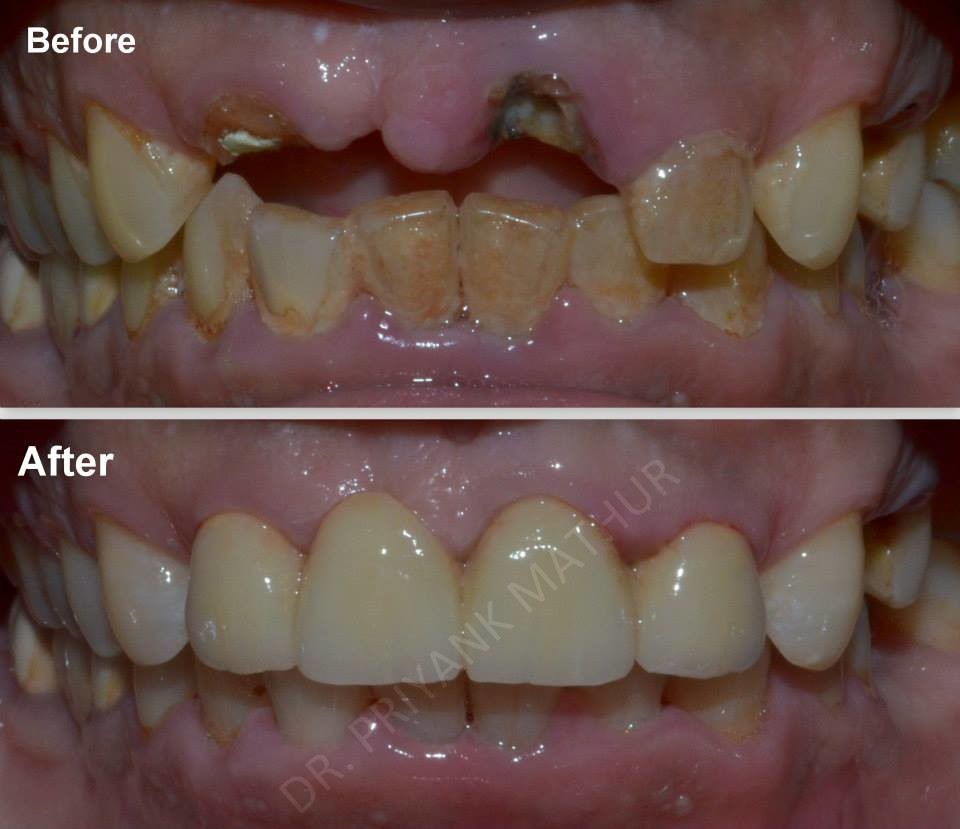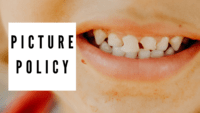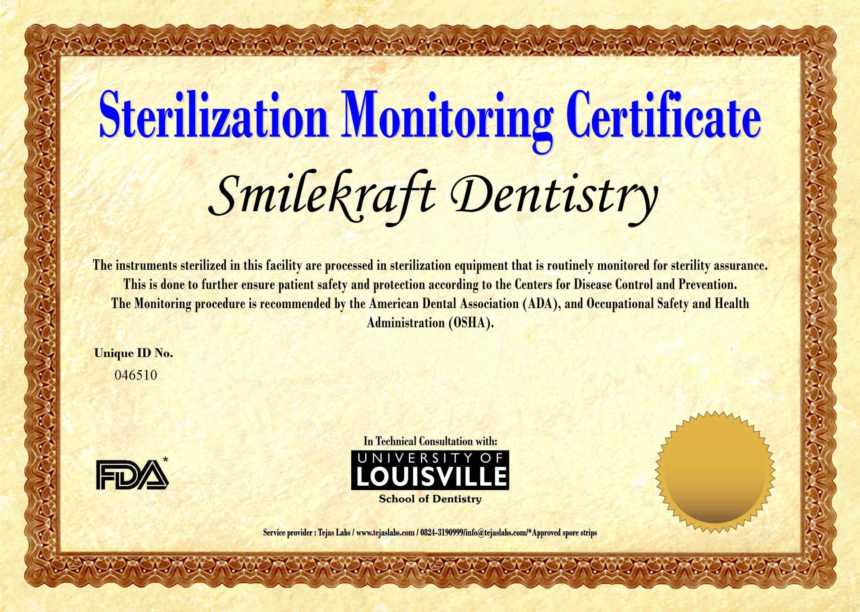Restorative Dentistry
Why would you need restorative dentistry?
At some point in your life, you will likely need some kind of restorative dentistry care. Fillings, crowns, implants, bridges… these are all common tooth restoration options or procedures used to increase the strength and function of your existing teeth when damage has occurred or to replace the lost ones. The earlier we can intervene in the case of a cavity, infection or dental injury, the more likely we are to achieve good results with proper dental restorations and save your teeth and its functionality.
How can restorative dentistry help you?
If you’ve got a cavity, we can treat it with a dental filling. We use composite tooth-coloured material to create cosmetic dental fillings when desired and possible.
Left unabated, a cavity can eventually lead to serious infection which we can treat with a root canal treatment. Porcelain crowns, inlays and onlays provide extra strength and protection for teeth that have more extensive damage or are broken. With a Tooth Restoration we can save your smile and function by repairing the missing part of your pearly white.
If yet not taken care, that small cavity can eventually decay your tooth completely after which it would only need a total replacement.
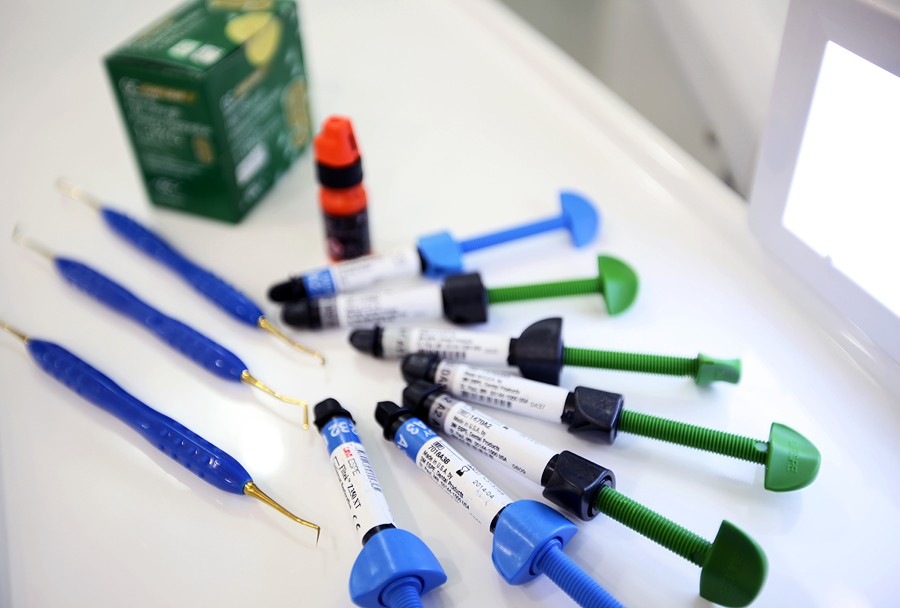

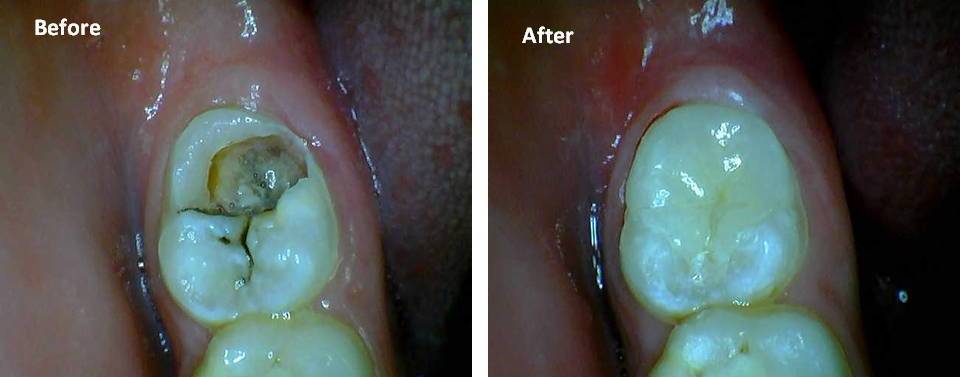
Several Options For Replacing Teeth
We try to save all the teeth we can with the help of Restorative Dentistry, but sometimes due to extensive disease they need to be extracted. Once a tooth is extracted, you have four options. First is to do nothing about it. With this option, you would be risking further future problems. (Please see the adjoining images of a real life situation)
Your teeth are meant to work together as a team. When one or more of your natural teeth are lost, problems start arising. These problems include shifting of the remaining teeth, tipping of the adjacent and the counter teeth leading to malocclusion (crooked bite), gum disease, bone loss, etc. Because of the eventual shifting of the rest of the teeth, they become prone to food lodgement and eventually decay. Because of the bad bite created by the undesired movement of the teeth, you may suffer from jaw joint problems and frequent headaches. A single tooth loss may result in a chain reaction of discomfort for the rest of your life if not treated properly at the right time. To prevent such problems and to restore your smile, bite and function to normal health, tooth replacement becomes mandatory. The best way to replace your missing tooth is to get a dental implant. The third and fourth options are to do a dental bridge or a removable denture respectively.

